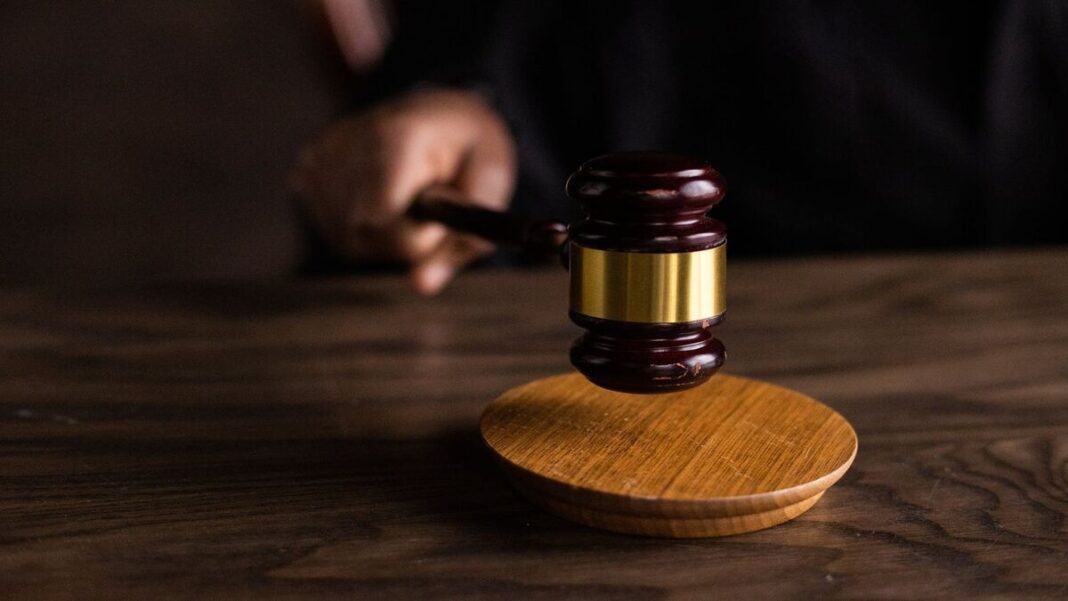INDIA: In a big development, women’s rights activist Rehana Fathima, who was facing charges under a POCSO (Protection of Children from Sexual Offences Act) for allowing her children to paint her semi-nude body, recently got a clean chit from Kerala High Court.
The jurisdiction stated that ‘her act cannot be characterised as a real or simulated sexual act’. Further, the court blamed society’s thought process for overlooking a girl’s naked upper body being sexualised in all contexts as unfair and discriminatory.
Fathima was dealing with the charges of POCSO and Juvenile Justice and the Information Technology (IT) Acts for circulating a triggering video where her minor children were seen painting on her semi-nude body.
The activist knocked on the doors of the trial court but faced rejection. In her appeal, Fathima argued that the act was intended to make a political statement because women’s upper bodies are always sexualized, but men’s upper bodies are not.
Further, she appeared in the Kerala High Court, where Justice Kauser Edappagath called off all the allegations made against the 33-year-old activist and adjourned the discussion.
The court accepted her argument and stated that Fathima’s goal in distributing the film was to “expose this double standard prevailing in society.”
The justice cited that it was “harsh” to term such an “innocent artistic expression” as a usage of a child in a real or simulated sexual act, and it did not involve any child pornography.
According to the court, the basis of a woman’s fundamental right to equality and privacy is her ability to make autonomous decisions regarding her body. Additionally, it is covered under the Constitution’s Article 21 guarantee of personal liberty.
The court ruled that there was no evidence to suggest that the kids were used for pornography. It additionally said that the video has no sexually explicit material. It declared that painting on the naked upper body of a person, whether a man or a woman, cannot be stated to constitute a sexually explicit act.
In the argument, the court rejected the prosecution’s demand and said, “Morality and criminality are not coextensive. What is considered as morally wrong is not necessarily legally wrong.”
Following a report submitted by Kerala police’s Cyberdom, the department’s cyber unit, under various provisions of the POCSO and IT Act, earlier a case was filed against Fathima for her “Body and Politics” social media video.
In the recent past, she was apprehended by the police based on the complaint lodged by the Bharatiya Janata Party (BJP) OBC Morcha leader A V Arun Prakash.
Also Read: CBI Convicts Chennai-Based IT Company in Bank Fraud Case



